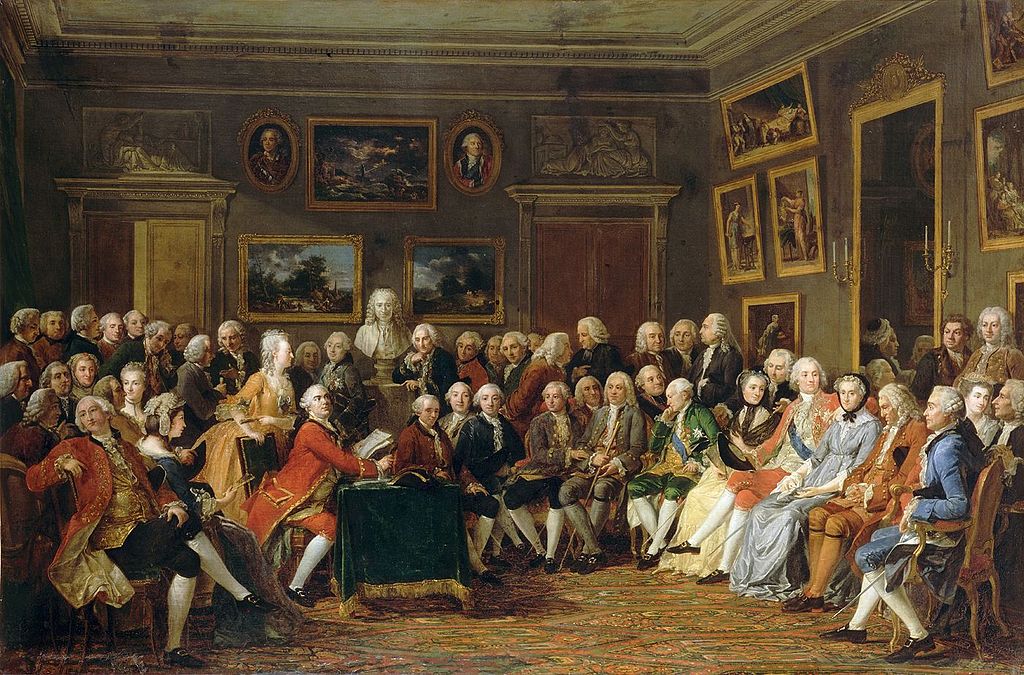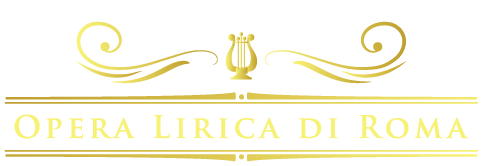The Querelle des Bouffons (also known as the War of the Comic Actors) was the name given to a battle of musical philosophies in France which took place between 1752 and 1754. The controversy concerned the relative merits of French and Italian opera. It is also known as the Guerre des Coins (“War of the Corners“), since those favoring French opera sat near the king’s corner and those favoring Italian supremacy opera in the Queen’s corner.
The quarrel sparked by the reaction of literary Paris to the second performance of Giovanni Battista Pergolesi’s La serva padrona at the Académie royale de musique in Paris on August 1, 1752. La serva padrona was performed by an itinerant Italian troupe of comic actors, known as buffoni (bouffons in French). This performance provoked a full-scale war of words between the defenders of the French operatic tradition and the “Italianisti”. In the controversy which followed critics such as Jean-Jacques Rousseau and Friedrich Melchior Grimm, together with other writers associated with the Encyclopédie praised Italian opera buffa and compared it favourably to French lyric tragedy, a style originated by Jean-Baptiste Lully and promoted among then-living composers such as French composer Jean-Philippe Rameau.
In 1753 Jean-Jacques Rousseau published a pamphlet (Letter on French Music), boosting La serva padrona, in which he praised Italian music and harshly condemned the French.
It can be argued that the quarrel represented a defense of French cultural and behavioral norms against an invasion by foreign (Italian) norms. In the approximately forty pamphlets published during the quarrel, one repeatedly finds the Italian taste for passion and emotion being rejected. French cultural preferences disliked comic opera for the laughter that it provoked; laughter that signalled loss of self-control and rationality. Italian operatic language tended to favor music and singing, while the French preference was more for the spoken word.
French public taste gradually became more accepting of Italian comedy, and the controversy burned out after two years. The effect of the quarrel was to open French opera to outside influences that triggered a renewal in the form. In particular, the Comédie-Italienne and Théâtre de la foire developed a new type of opera that combined Italian natural simplicity with the harmonic richness of French tragédie en musique.


